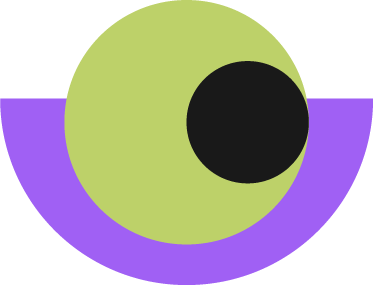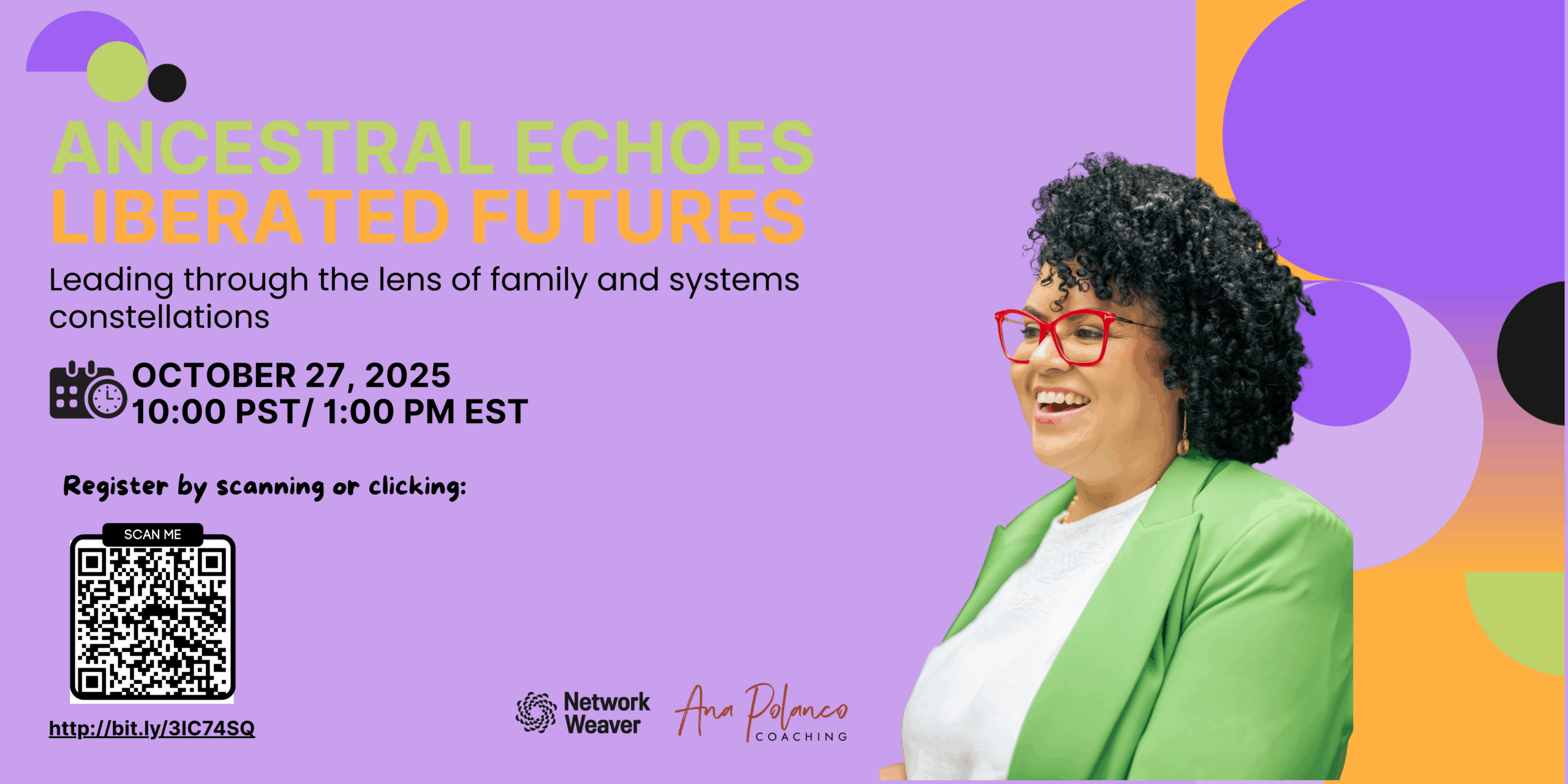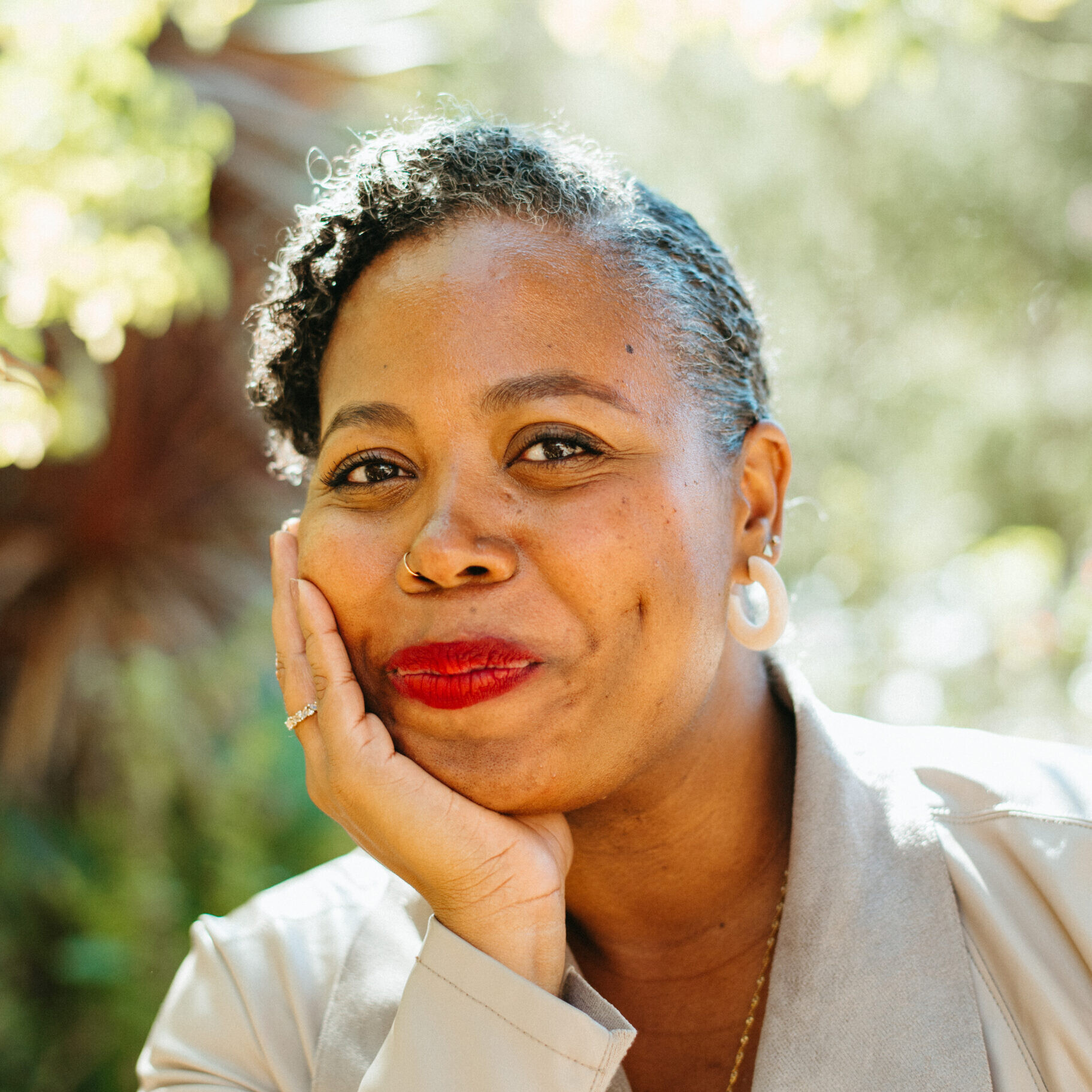by Iman Mills Gordon and Ana Polanco
This week, I was fortunate to have the opportunity to connect with Ana Polanco, an ancestral coach, family constellations facilitator, and beloved liberatory leadership colleague, on a day when I felt under the weather and under-resourced. Experiencing Ana’s easeful magic and learning more about family constellations provided new openings that served to revitalize me and left me eager to go deeper. Below I’ve captured some of our conversation as a sneak peek for the upcoming session, Ancestral Echoes, Liberated Futures: Leading through the lens of family and systems constellations. This is a session designed to expand our collective understanding of tools and concepts related to liberatory leadership, and our individual and collective freedom.
The 90-minute session, taking place on October 27th at 1:00 pm ET/10:00 am PT, will guide participants in uncovering hidden unconscious patterns that influence how we lead. Participants who attend the full session will also receive a free gift to participate in a family constellations session led by Ana Polanco in November.
Read below for some of the insights that Ana shared with me.
"To center a liberatory leadership practice is to acknowledge the symmetry of love across a cosmic order between our living and deceased ancestors. Family Constellations offers a practice that is vibrant, generates freedom, and helps shed oppressive and limiting self-beliefs by acknowledging the orders of our systems and then turning over responsibility to each member."
- Ana Polanco
Iman Mills Gordon: Thank you for connecting with me, Ana. I’ve heard about your work but know very little about the specifics, and I look forward to learning from you during the upcoming session. Before we dive into session specifics, can you share a bit about your journey? What led you to family and systems constellations work?
Ana Polanco: It actually started with a question about culture and lineage during my time as a political and campaign strategist. I began identifying patterns at work and patterns in my own family—specifically in my maternal line—of a rise and fall with resources and abundance that seemed to repeat almost every generation. I wondered why patterns were repeating themselves at the family level and also at the societal level in my economic and human rights work. As a coach, I was also searching for psychology or therapeutic tools that reflected my diverse cultural upbringing in New York and helped leaders get to the root cause of a problem quickly. This made me question if we were holding transformation in “small ways,” or if “someone” was missing from our therapeutic lens.
When I left human rights campaigning to focus on accompanying leaders from a coaching perspective, eventually I found Family Constellations. It gave me a felt sense of the root cause of the problem from multiple angles, and also filled a gap traditional talk therapy could not. Family Constellations offers an honest space to explore the unconscious aspects of choices and delve into feelings of belonging, balanced exchange, and order within systems.
Iman Mills Gordon: For those new to the concept, what exactly are Family Constellations, and what is their origin?
Ana Polanco: Family Constellations is a form of energy work and pattern disruption in our family and organizational systems. It is primarily focused on reclaiming the symmetry of love, balance, and harmony in the energy field that bonds a system together. It allows us to distinguish between what is ours and what belongs to others by recognizing the body’s energy and our shared resonance.
The practice originated with Bert Hellinger. He is a weaver who pulled together different therapies with his own historical experiences. His life was radically shaped by three significant events:
- He was forcibly conscripted into the German armed forces against his will during Nazi Germany, and later captured and held as a prisoner of war by the Belgians.
- Following the collective trauma of the war, he left Germany to live as a missionary and teacher with the Zulu people for about 15 years, where he learned and remembered what it meant to be in a family, tribe, community, and system.
- During this time, he was exposed to group dynamic work, which he was passionate about.
These experiences form the roots of his turn away from missionary work toward the study of psychology. While studying, he made the connection between multiple established therapeutic processes, his love of group dynamics, and his understanding of tribe, ancestry, and community with the Zulus. It was its own constellations of memory and ancestry. It’s important to note that the practice has resonated strongly in the global south, including tribal communities or communities of origin.

Iman Mills Gordon: What are the key principles of Family Constellations? How do the constellations directly connect to the concept of liberatory leadership?
Ana Polanco: To center a liberatory leadership practice is to acknowledge the symmetry of love across a cosmic order between our living and deceased ancestors. Family Constellations offers a practice that is vibrant, generates freedom, and helps shed oppressive and limiting self-beliefs by acknowledging the orders of our systems and then turning over responsibility to each member.
The symmetry of love that Bert Hellinger describes is based on three fundamental principles that are necessary to uncover unconscious patterns:
1. Belonging: Everyone has to find belonging, as it is our human nature. We must feel that we belong to the system.
2. Balanced Exchange: There must be a balanced exchange between us and the other members. If there isn’t, the exchange must be right-sized.
3. Respect for the Order of Arrival: It is simply respecting who arrived first and what they brought with them. For example, a person in their 80s arrived before someone in their 40s, and that must be respected somatically.
This third principle is a huge hurdle for movement and community leaders. Many of us, particularly people of the global majority, have normalized holding down two or three roles in our family or work systems, and as a result, become “larger” than our elders. If we can find our proper place and stand where we are supposed to be in our family system, then we can turn down the noise of 24-hour urgency and respond in new ways, and find freedom in ourselves and our relationships with others.
Our family systems work affects how we move inside organizational systems. When we shed the unconscious transference of our personal family systems, we completely reframe dynamics at work, in our networks, organizations, and movement spaces. We start to see how we attract organizational dynamics that are no longer necessary.
It’s crucial to understand that while family ties bind us unconditionally, our engagement in organizational and community systems is a conscious, powerful choice. We must learn to distinguish between the two spaces so that we can see when it belongs to us and when it belongs to the networks and movement spaces.

Iman Mills Gordon: Can you share a key insight or practice that comes up often in this work?
Ana Polanco: One of the most necessary practices is simply being able to feel the difference between our emotions and those of others, including our ancestral needs. Sometimes, in movement spaces, therapeutic practices become “sanitized” because we don’t want to engage with what’s happening or what is real, which leads to conflict avoidance and terms and conditions that prevent the flow of reconciliation. Conflict that aims to “care” for all those in the system is a real road to deeper relationships. In family constellations, we are forced to “look” at situations for what they are, not for what we would like them to be.
In constellations work, we provide new language to help people, protect the symmetry of love by seeing and acknowledging what is. Sometimes that means releasing the need for forgiveness while still embracing accountability. Or it can mean setting new boundaries and giving back obligations that don’t belong to us. In the end, these practices help us reclaim personal power and contribute to our collective process of power, which is incredibly important in these fascist times.
Iman Mills Gordon: Can you provide an example of the “ripple effect”—how a leader’s personal healing can foster liberated environments for their teams?
Ana Polanco: When a leader is free from unacknowledged ancestral patterns, they can help foster truly liberated environments. I coached a senior leader whose invisible family dynamics affected organizational relationships. The more we worked on liberating his obligation to play mediator at work like he did in his family system, the greater his freedom became to be seen and heard in values-aligned ways. Making those unconscious family dynamics visible for them was a game-changer for liberatory leadership.
Naming and acknowledging family obligations that don’t belong to us is essential to values alignment. After doing reconciliation work with their family lines, different relationships with executive leadership and the team they led emerged. Everyone was freed up to lead; they opened up the space and were seen, allowing the team to step forward and take up the collective role of ongoing relational work from many sides. This change in viewpoint weakened concepts of perfectionism, strengthened collective responsibility, and had a powerful ripple effect on the organization’s dynamics.
Iman Mills Gordon: Are there any other closing thoughts you’d like to share with our network ahead of the October session?
Ana Polanco: One thing that always surprises leaders I accompany is that ancestors want to hear from them. Our leadership, our networks, and our movements are deeply embedded in the ancestral lens across time and space. Ancestors are calling us from this unconscious place, asking us to reconcile, repair, or give light and recognition to those who have been ignored, invisibilized or set aside, including ourselves. We can take up that work without minimizing our own needs. The closer we get to the symmetry of love, the more ease we will feel, and the more we can fully give our gifts to the world individually and collectively.

We look forward to connecting these personal and ancestral threads with liberatory leadership practice on October 27th.
Register to join the conversation: Ancestral Echoes, Liberated Futures: Leading through the lens of family and systems constellations.
Date: October 27th, 1:00 pm ET/10:00 am PT
Note: This 90-minute session will not be recorded. Participants who attend the full session will receive a free gift to participate in a family constellations session led by Ana Polanco in November.

Iman Mills Gordon
Iman is the Director of Liberatory Program at Leadership Learning Community. She was born and raised in Oakland, CA. The LLC community inspires has inspired her to lend her skills and imagination to explore the best ways to support and deepen the organizational commitment to liberatory leadership while holding our shared values of radical collaboration, experimentation, and leading with love and joy as my north stars.

Ana Polanco
I am the daughter and great-granddaughter of immigrant, mixed-race, gifted, creative parents from the Dominican Republic and Colombia who came to the United States pursuing the American Dream of freedom and success, only to give birth to a daughter who also told the story of America’s unkept promise. Learn more about Ana, here.

Network Weaver is dedicated to offering free content to all – in support of equity, justice and transformation for all.
We appreciate your support!
Related Posts
January 29, 2026
Weaving Networks in MAKI
January 21, 2026
A Liberatory Approach to Measuring Network Impact
November 19, 2025



